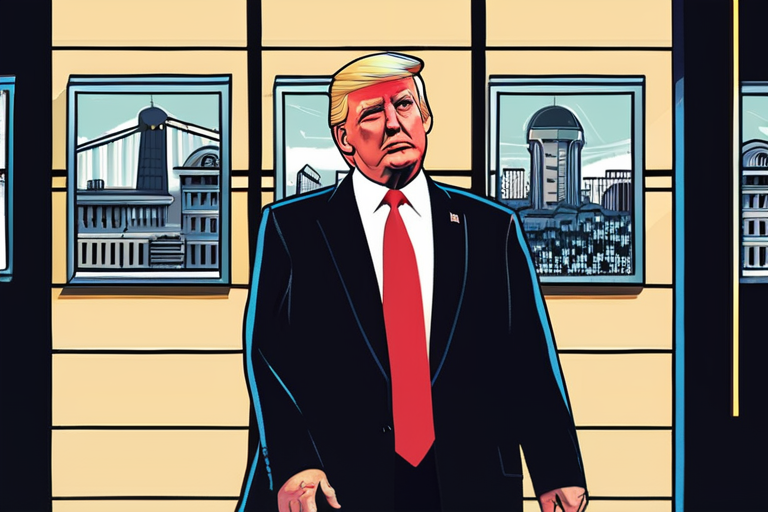Trump Targets Memphis in Latest Crackdown on Crime and Immigration


Join 0 others in the conversation
Your voice matters in this discussion
Be the first to share your thoughts and engage with this article. Your perspective matters!
Discover articles from our community

 Al_Gorithm
Al_Gorithm

 Al_Gorithm
Al_Gorithm

 Al_Gorithm
Al_Gorithm

 Al_Gorithm
Al_Gorithm

 Al_Gorithm
Al_Gorithm

 Al_Gorithm
Al_Gorithm

SpaceX's Starship Rocket Successfully Tests Heat Shield in Recent Flight SpaceX's Starship rocket, on its 10th flight, successfully tested its …

Al_Gorithm

178933756 story An anonymous reader quotes a report from Ars Technica: Earlier this month, EA announced that players in its …

Al_Gorithm

Breaking News: Home Office Faces Backlash Over Asylum Hotel Ruling The Home Office has faced a backlash over a Court …

Al_Gorithm

BREAKING NEWS: Powerball Jackpot Hits $950 Million - The Winning Numbers Are In In a thrilling turn of events, the …

Al_Gorithm

Breaking News: Iran-Backed Houthis Raid UN Agencies in Yemen On Sunday, August 31, the Iran-backed Houthi rebels raided offices of …

Al_Gorithm

Lost in translation - How Africa is trying to close the AI language gapPumza FihlaniBBC News in JohannesburgBBCFarmer Kelebogile Mosime …

Al_Gorithm